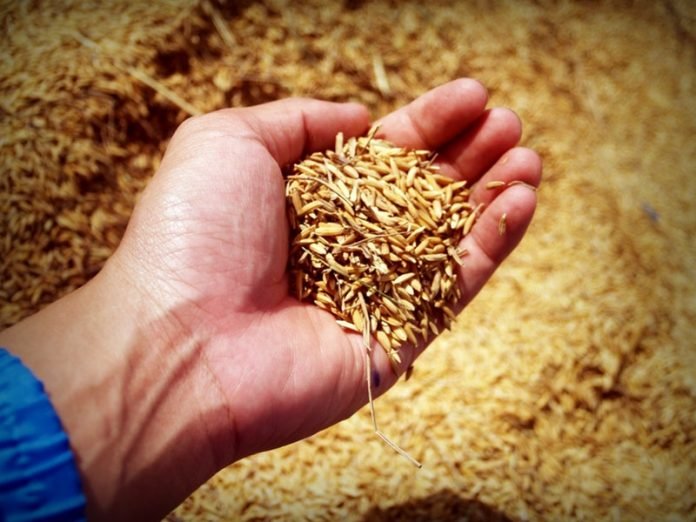
It is known that people who eat more dietary fiber and whole grains have lower body weight and cholesterol.
Previous research has shown that these people also have lower rates of chronic diseases compared with people with lower intakes of rice.
In a recent study led by Japanese researchers, scientists found that eating rice may help protect against obesity.
They found that obesity levels are lower in countries that eat high amounts of rice (average 150g/day/person), while countries with lower average rice intake (average 14g/day/person) have higher obesity levels.
The study was presented at the 2019 European Congress on Obesity (ECO). The leader is Professor Tomoko Imai from Doshisha Women’s College of Liberal Arts, Kyoto, Japan.
The team analyzed data from more than 136 countries. They focused on rice (white rice, brown rice, and rice flour) intake and energy consumption in the diets of more than 1 million.
The researchers found an inverse association between rice consumption and rates of obesity:
Countries that eat higher amounts of rice have lower obesity rates, while countries with lower average rice intake have higher obesity levels.
They say that the fiber, nutrients, and plant compounds found in whole grains may increase feelings of fullness and prevent overeating.
Rice is also low in fat and has a relatively low postprandial blood glucose level which suppresses insulin secretion.
But the team also warn that overeating some types of rice may increase the risks of metabolic syndrome and diabetes.
For example, one recent study showed that eating more white rice could raise the risk for type 2 diabetes, whereas eating more brown rice could reduce the risk.
That study followed about 200,000 people for up to 22 years.
The results showed that the people who ate at least 5 weekly servings of white rice had a 17% higher risk than those who ate less than 1 serving per month.
On the other hand, people who ate at least 2 servings of brown rice a week had an 11% lower risk of type 2 diabetes than those who ate less than 1 serving a month.
The researchers suggest that eating an appropriate amount and type of rice may bring health benefits.
Even a modest increase in average rice consumption (of 50g/day/per person) may help reduce obesity by 1% in the world.
Eating more rice should be recommended to protect against obesity even in western countries.
Copyright © 2019 Knowridge Science Report. All rights reserved.



